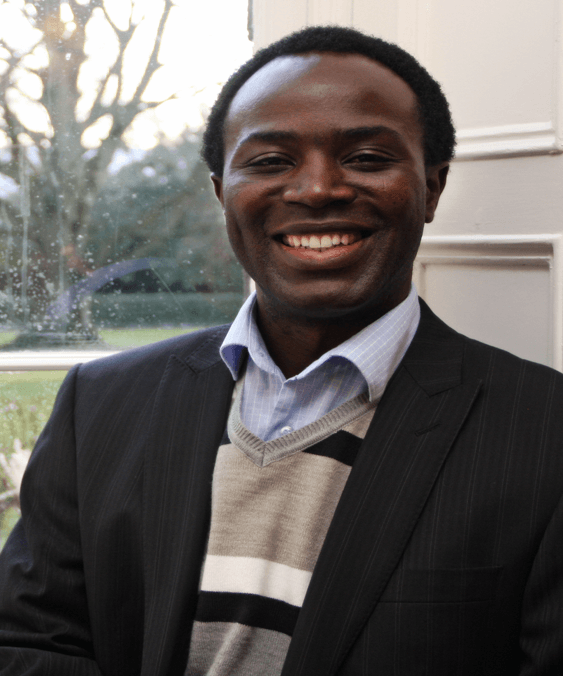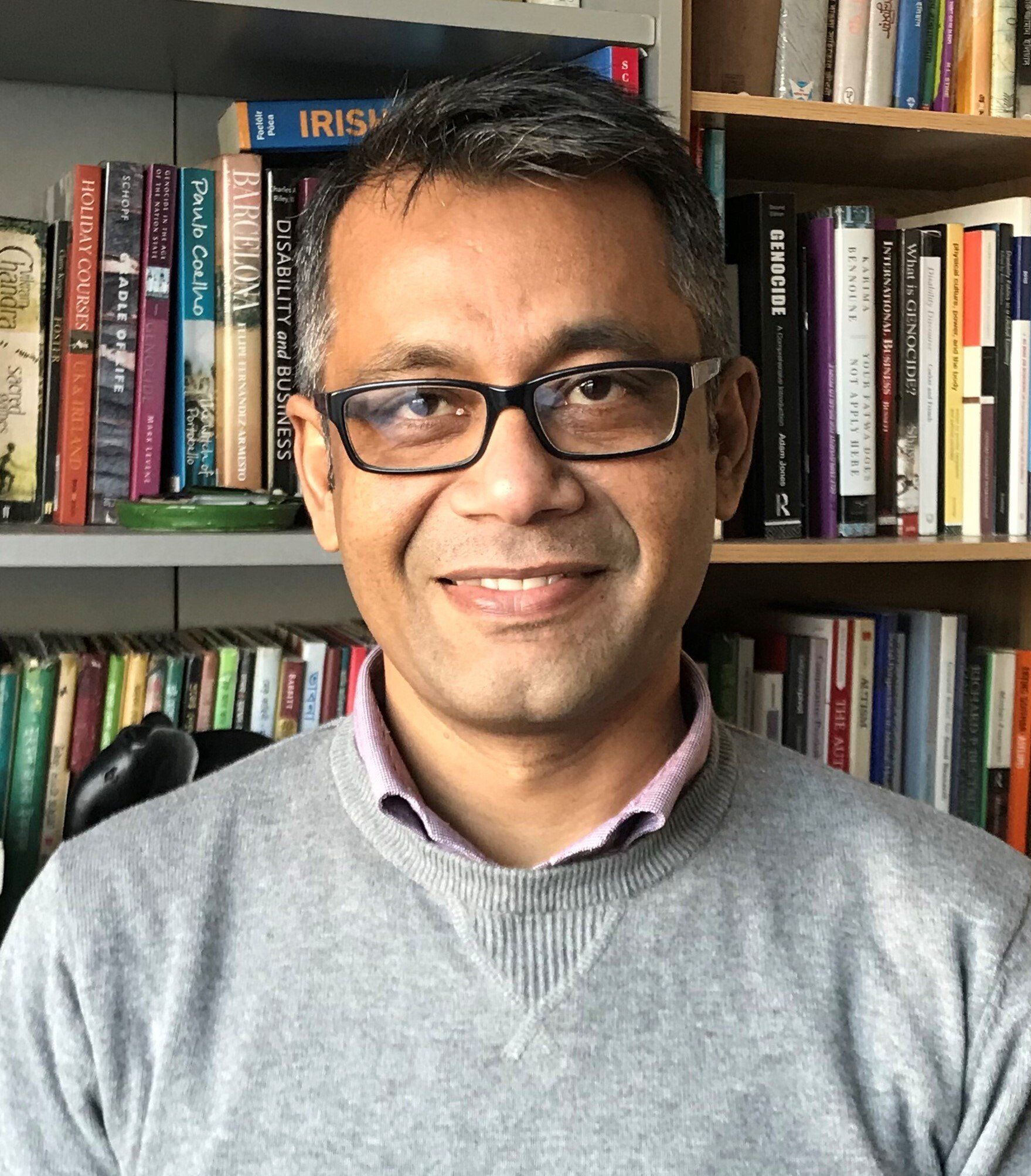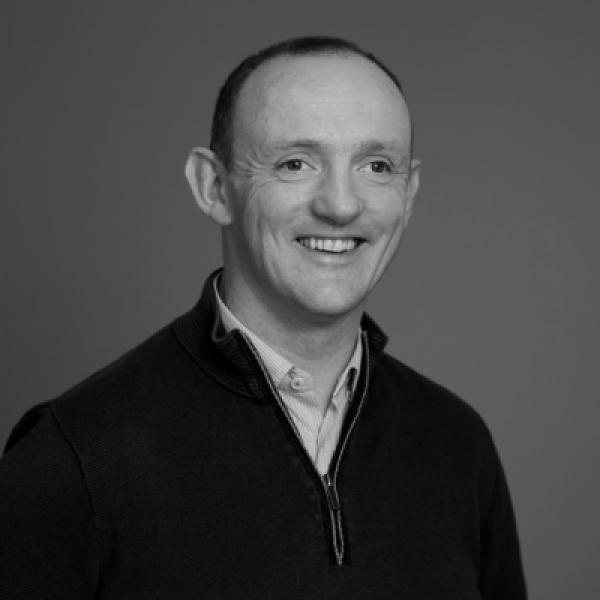Valery Molay is a consultant and trainer in the fields of global justice, climate policy and youth participation. She has previously worked as global justice policy officer at the National Youth Council of Ireland, where she supported the youth sector by developing and facilitation trainings on climate justice, racial justice, and the SDGs. Valery has worked as a global justice practitioner across the private, public, NGOs and academic sectors in Ireland and across Europe.
Valery has previously served as the Irish Youth delegate to the United Nations and the European Union. She also sat on the expert group on membership, diversity, and inclusion for the European Youth Forum. Additionally, she had the privilege to be the Chairperson of the Irish Network Against Racism (INAR). Currently, she is a board member of Friend of the Earth Ireland.














